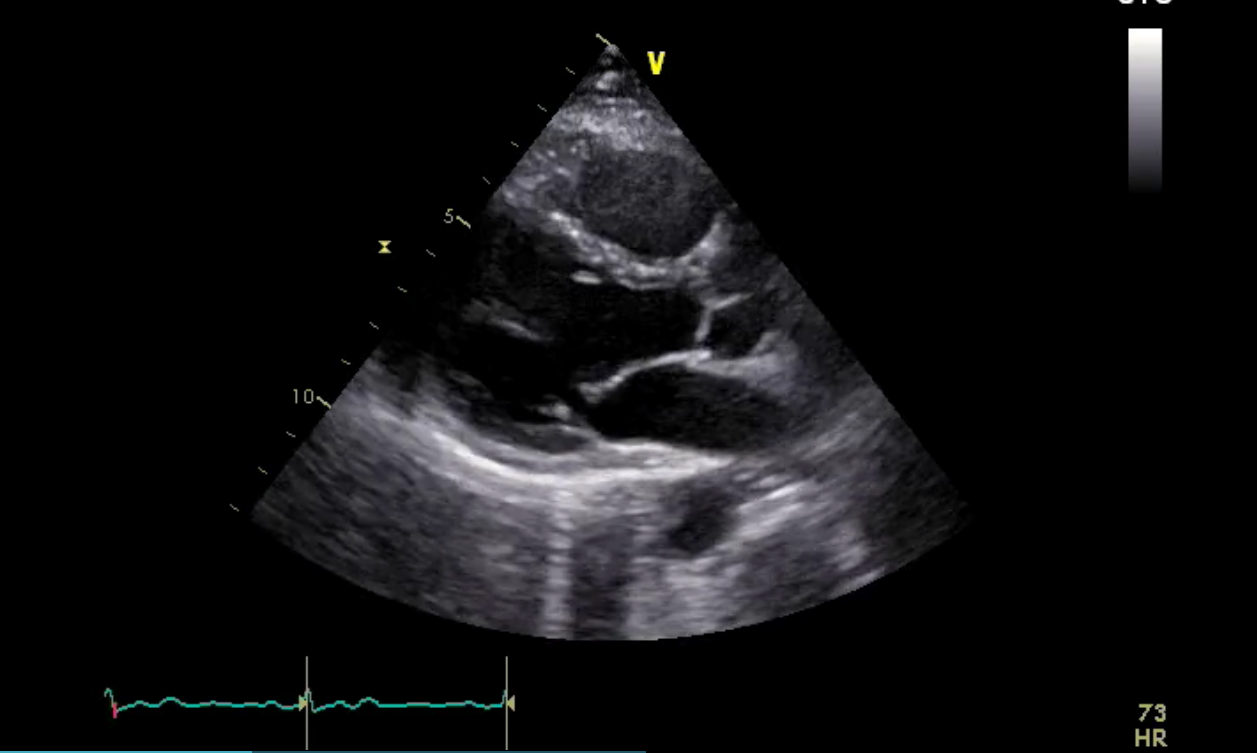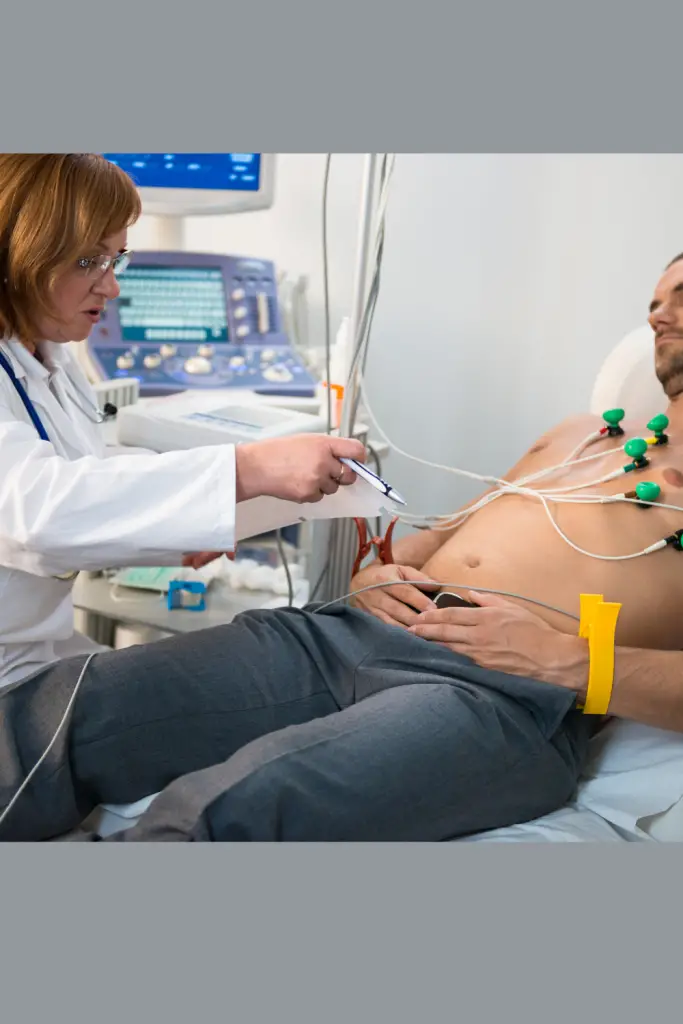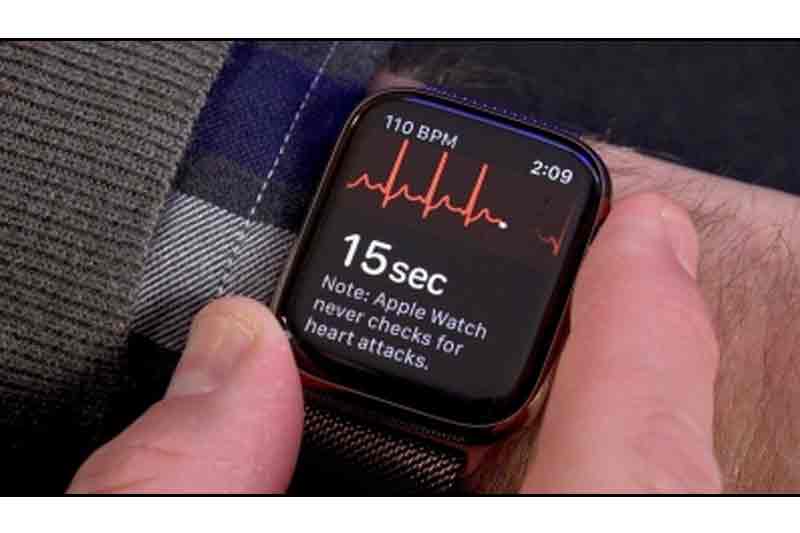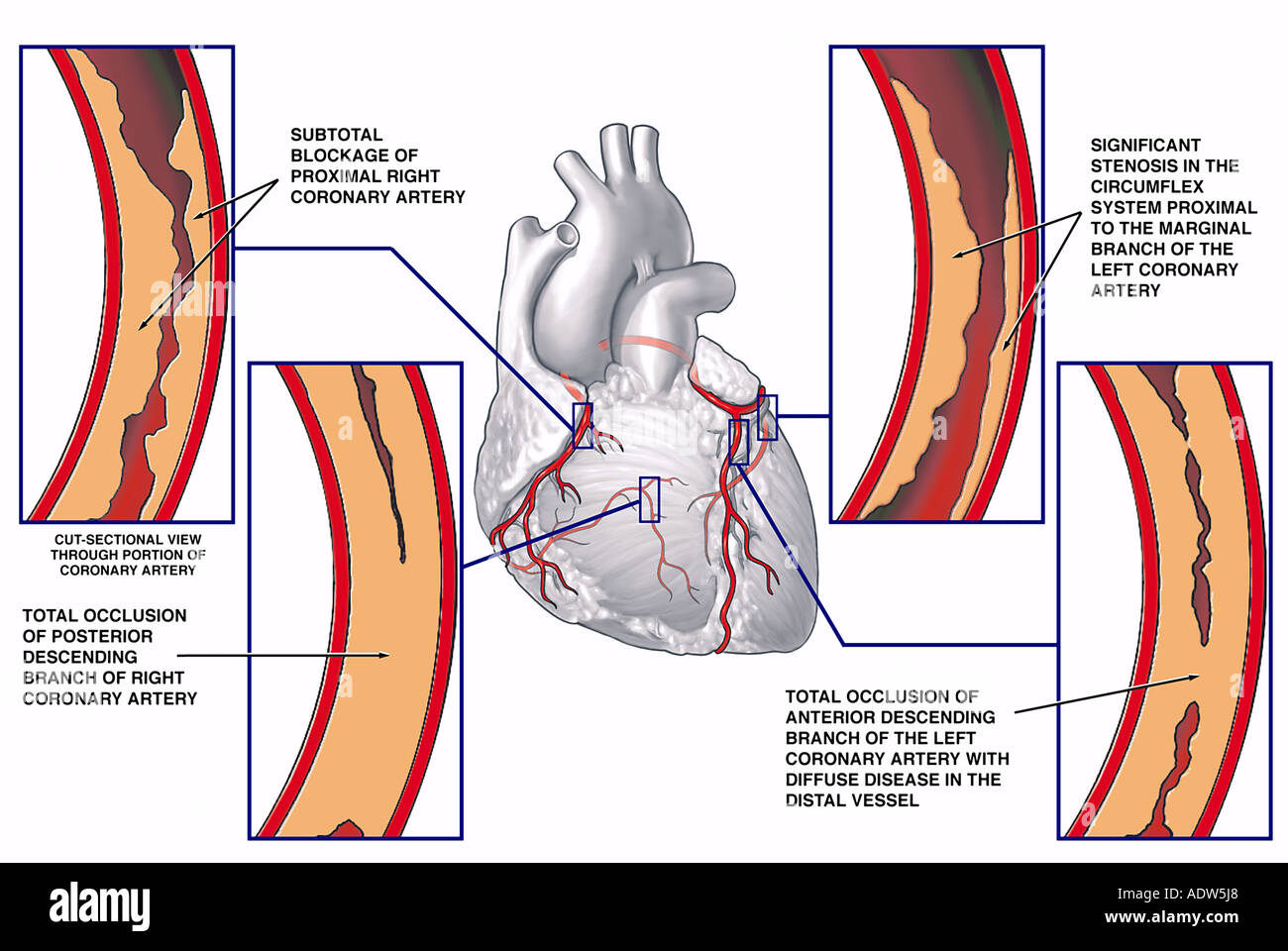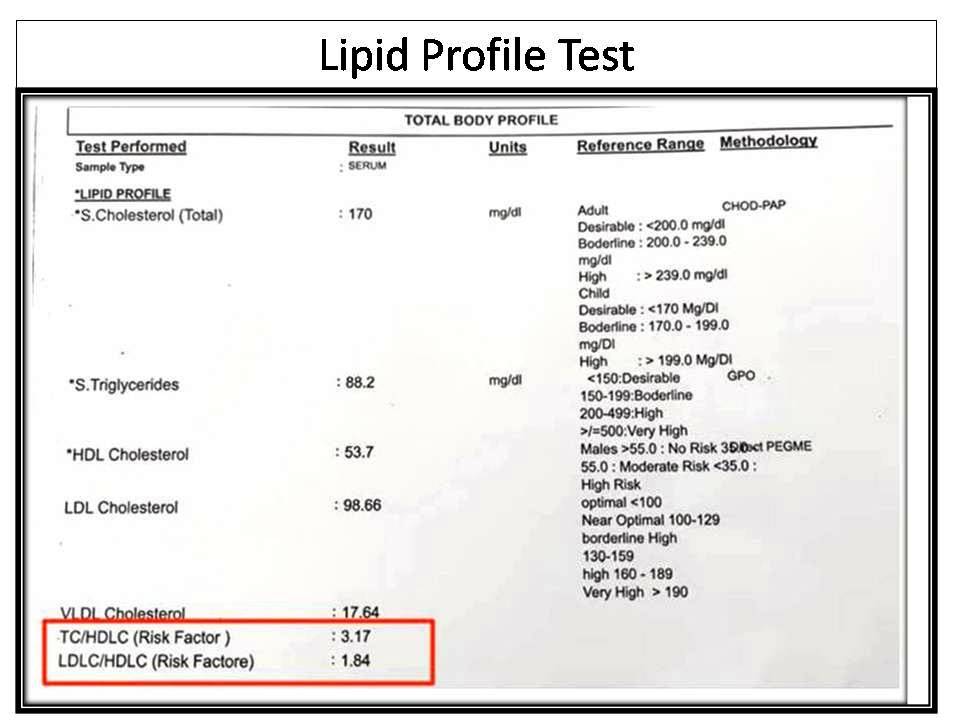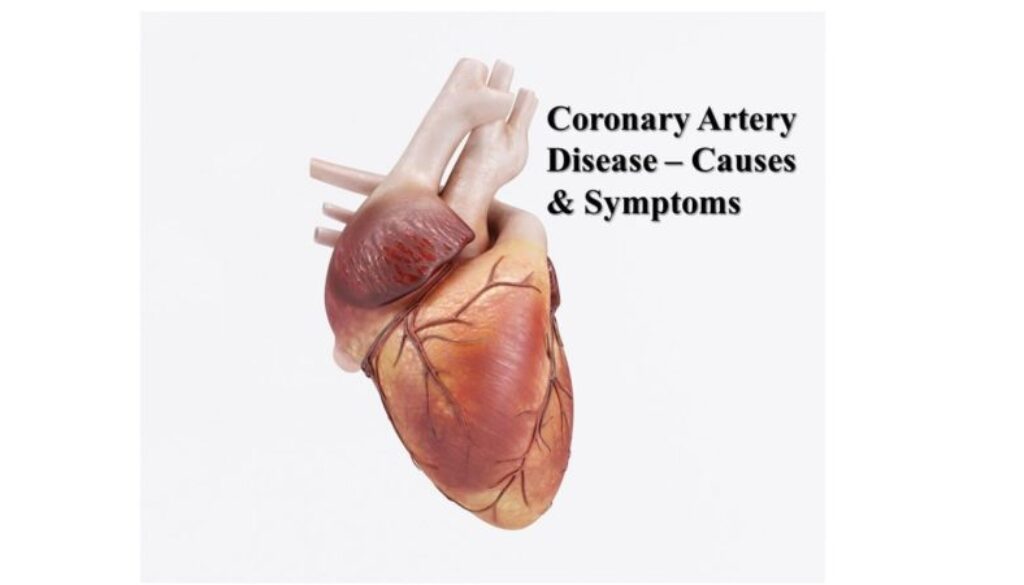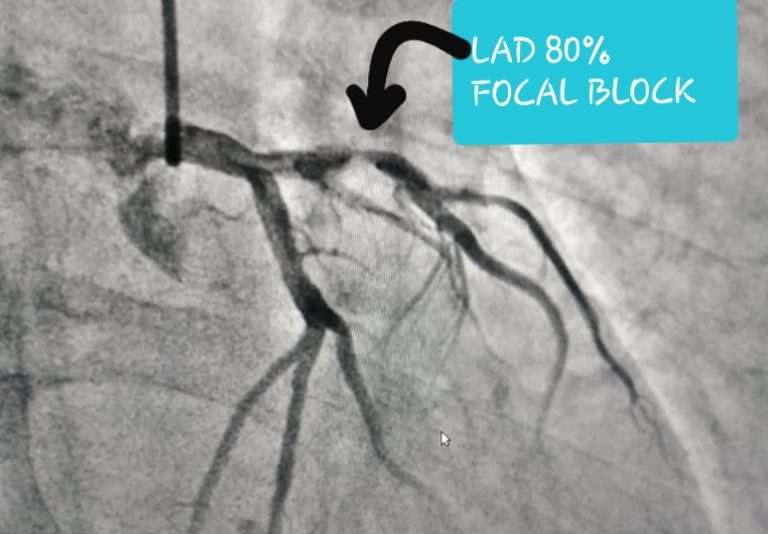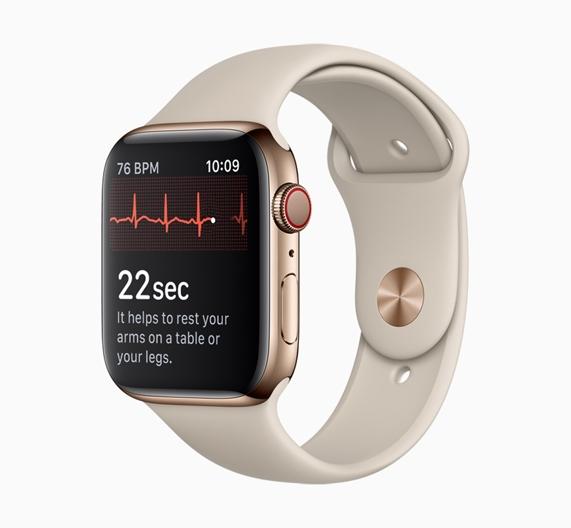Here’s A Quick Way To Solve A Info About How To Detect Heart Blockage
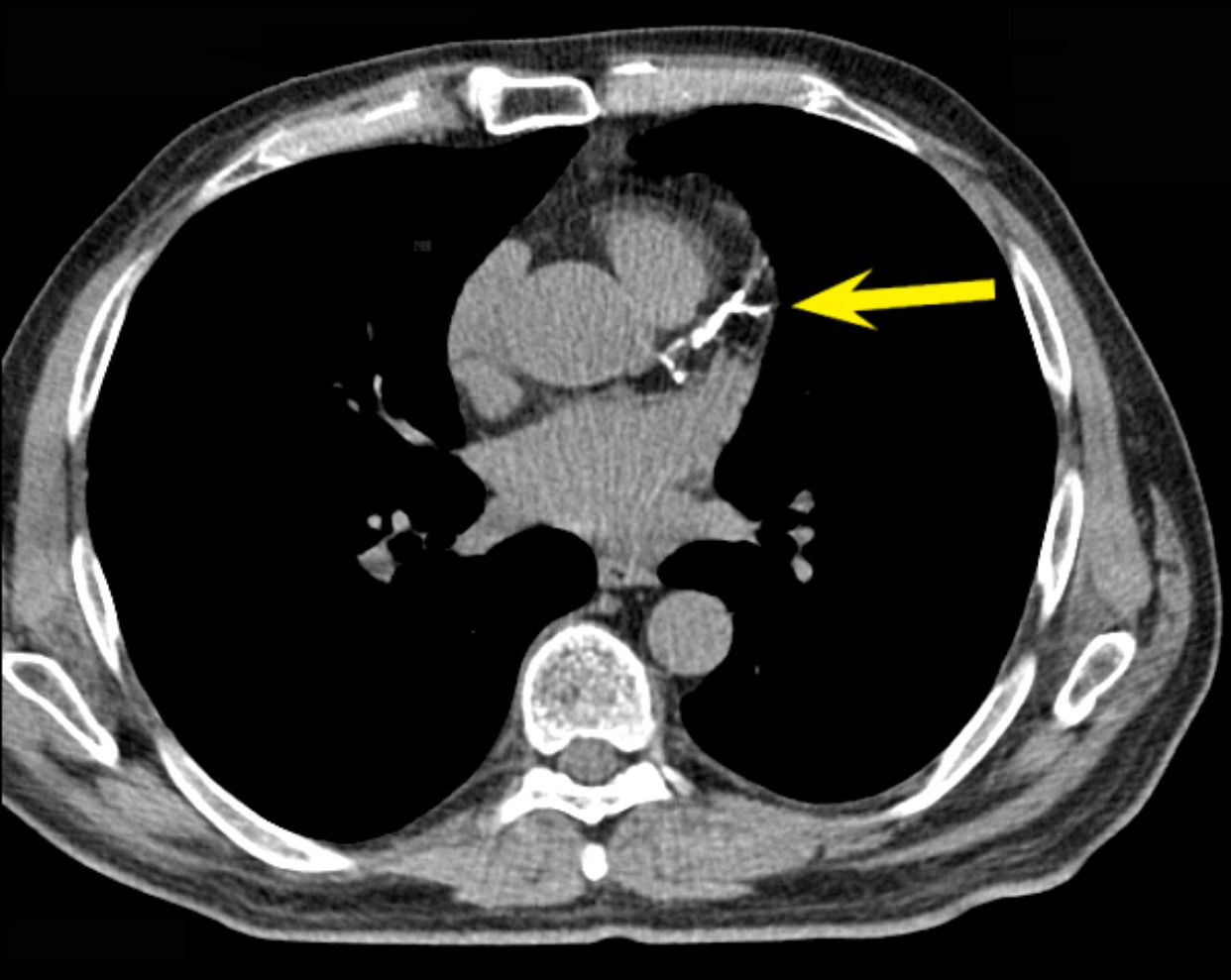
Artery blockages are not created equal.
How to detect heart blockage. Clogged arteries are caused by a buildup of plaque in your arteries. Overview coronary artery disease is a common heart condition. This noninvasive exam uses sound waves to create detailed images of the heart in motion.
There is no easy way to unclog an artery once plaque has built up. When you think of clogged arteries, the heart may be the first thing that comes to your mind — and for. The result is a heart that doesn’t function effectively, meaning.
However, dietary choices, exercise, and avoiding smoking can improve. One way to classify heart attacks is whether an electrocardiogram. An electrocardiogram (ecg) records heart activity and is the most common test doctors use to diagnose heart block.
A heart attack may be caused by a complete or partial blockage of a heart (coronary) artery. This happens because, over time,. If you have heart block, the electrical signal does not travel through the av node to the ventricles.
Treatment of an artery that is 97% blocked is much easier than treating one that has. What causes clogged arteries? A cardiologist injects a special.
Takeaway coronary artery occlusion is a partial or total blockage of one of the arteries in your heart. It can cause shortness of breath and chest pain but sometimes. An av heart block happens when the electrical impulses are delayed or blocked as they travel between your atria (the top chambers of your heart) and your ventricles (the.
Coronary angiogram or angiography: A test to measure the electrical activity in your heart that controls the heartbeat. Various tests can be used to see if there are areas of the heart that have compromised blood flow, such as exercise stress tests and nuclear scans.
The major blood vessels that supply the heart (coronary arteries) struggle to send enough blood,. It shows how blood moves through the heart and. What are the early signs and symptoms of a clogged artery?
The most common catheterization test looks for the blocked arteries typically associated with heart disease. Blood testing may include the following: Your healthcare provider may recommend blood test s to determine your risk of heart disease such as coronary artery disease (cad) if you:
Probes placed on the skin of the chest show.

